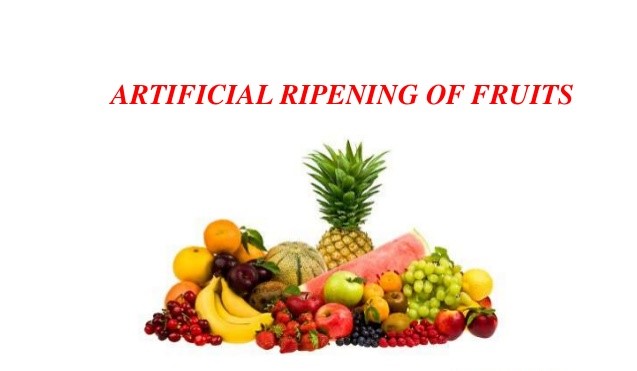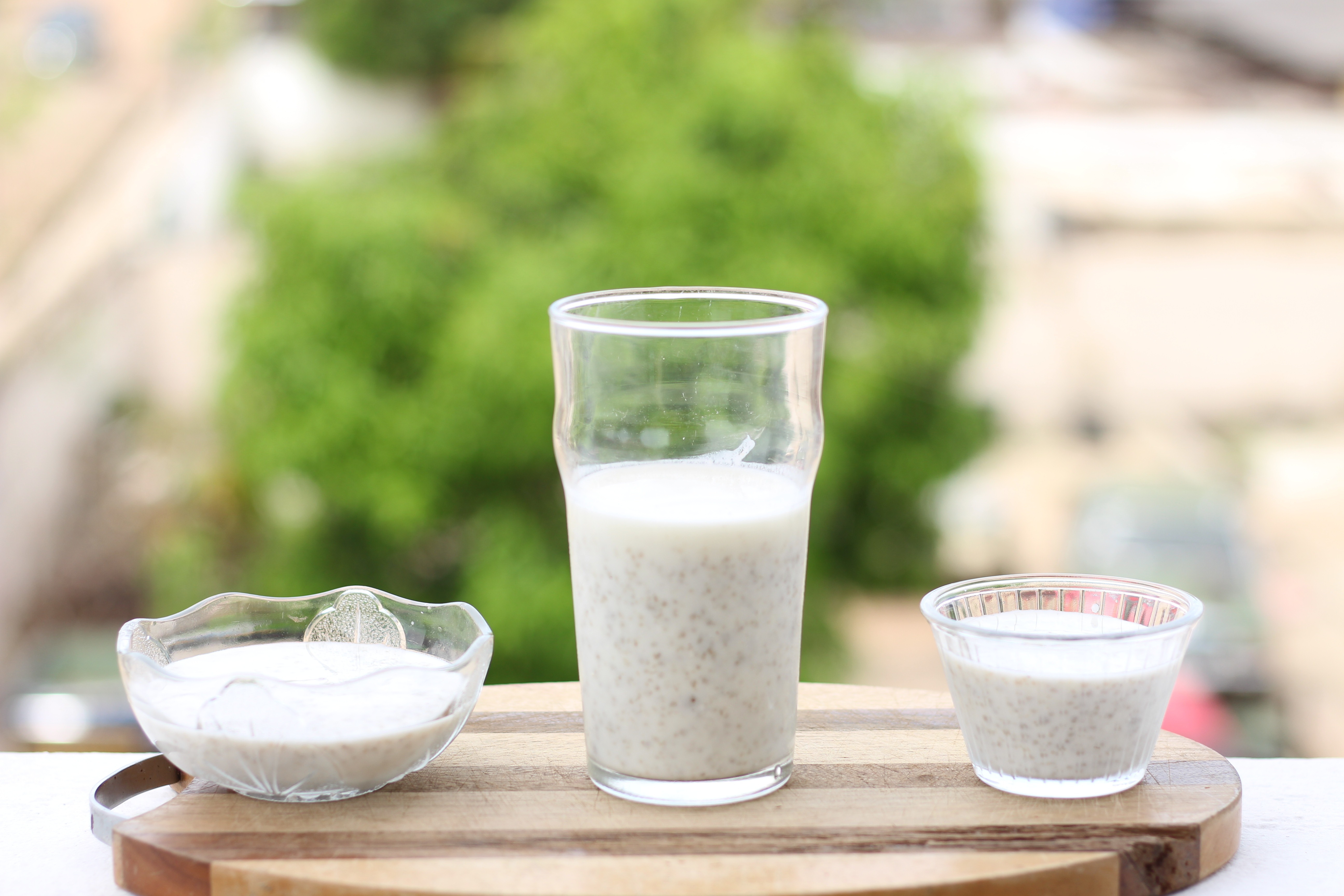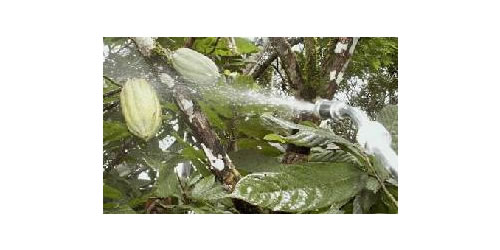Tackling Unregulated Fruit Ripening In Ghana.

Have you had a bowl of diced mangoes with milk before? Or a plate of skillfully cut pawpaw? Perhaps a bowl of mango pudding? Have you shared a mug of banana smoothie with a couple of friends? Or my personal favorite, a bowl of fruit salad or ‘heaven in a bowl’ as I like to call it? Tasty wasn’t it? I bet your taste buds understood the story better!
Though very nutritious, some malpractices existent in the mango and general fruit value chain corrupts the nutritional content of the fruits. Some malpractices that have to do with farming, unregulated chemical application, poor postharvest handling and unregulated artificial ripening of fruits. With the ongoing occurrence of unregulated artificial ripening of fruits in Ghana, I fear the joy of consuming these delicacies maybe short-lived.
How much do you spend on fruits in a week? A cedi? Two? Ten, fifty, or as high as a hundred Ghana Cedi’s a week. No matter how small the expenditure might be, we are all exposed to the hazards of consuming fruits that have been artificially ripened using crude methods.
In an interview with Somanya based Rite FM, Dr. Arhmed Tijane a medical superintendent at the Akuse Government Hospital explained what artificial ripening of fruits entails stating that it involved the use of chemicals like calcium carbide to induce ripening. This substance possesses traces of carcinogenic properties and phosphorus which have dangerous effects on the human body. Effects like cancer, burning sensations in the chest, diarrhoea, brain tumors, dizziness, headaches, heart diseases, stroke, arthritis, allergies and other gastric problems are associated with the consumption of artificially riped fruits.
On the Rite Morning Ride, Madam Adamptey Teiki, President of the Agbogbloshi Mango Sellers Association admitted that she is aware of this phenomenon. She is of the view that the greedy nature of the new generation sellers motivates their need to hasten the ripening process of the fruits at the expense of the consumer’s safety. Also, she accused the farmers of teaching them the process of artificial ripening. She stated that efforts put in place by the association to combat this occurrence seem futile.
The case is however not the same for the Tema mango market says Miss Vivian Narh, the mango market queen for Tema. The consumers of the Tema community are more aware of their safety and so they insist on naturally ripened fruits. The export and port buyers request for naturally riped mango fruits and so the sellers do not use the artificial method. They put measures in place to control the number of sellers on a particular day to reduce the tendency of hastening the ripening process. They also adopted the services of a task force that enforces their rules and punishments for rule breakers. She called for a central mango market in Somanya to help regulate the fruits sale better.
Dr. Morris Dola, the Resident Public Health Physician, Somanya, called for a revived action plan against artificial ripening of fruits and the unregulated availability of calcium carbide and other used substances. He called on regulatory bodies like the Food and Drugs Authority (FDA), the Ghana Standards Authority (GSA) and the Environmental Protection Agency (EPA) to adopt a more aggressive approach to alleviate this canker.
‘Since 2011, The FDA has destroyed 12,873 kg of various fruits and vegetables. Over 800 samples, other than mangoes, have been collected for testing, of which 161 were found unsafe for consumption. Overall, fruits and vegetables worth Rs 45 lakh have been seized so far.’ The Asian Age Paper. Please note 4,500,000 Indian Rupees equal 313,718.80 Ghana Cedi’s
In April Last year, the Food and Drugs Administration of India took actions against unregulated artificial ripening where fruits were seized, ‘109 dozen artificially-ripened mangoes from two mango sellers in Mumbai and Navi Mumbai were seized. The FDA officers stated that the mango sellers were allegedly using Ethrel a chemical used to ripen the mangoes’ the report read.
The above indicates a more vicious approach to curb the issue in India.
In a world where consumers are more aware of their safety, the onus falls on the individual consumer to protect him or herself the best way possible. So the next time you stop by a shop, a mall, an open air market located in your community, the hard working table top fruits seller or that street vendor across the road, kindly take into consideration these tips and ensure your safety is assured.
• Select fruits and vegetables without spots or necrosis (lesions) and any abnormality.
• Wash fruits and vegetables thoroughly with water (preferably) running potable water before eating and cooking.
• Purchase fruits and vegetables from known dealers
• Sellers of fruits should buy them from trusted farms and farm managers
• If possible peel fruits before consumption
• Throw away fruits and vegetables infected by mold /fungus.
• Do not wash fruits and vegetables with detergents as they may get absorbed inside.
• Beware of aesthetically appealing mangoes that don’t taste ripe when eaten. They might have been artificially ripened.
It seems calcium carbide and unregulated artificial ripening of fruits is a bigger threat to consumer safety than we think. How do we conquer this?
PATRICK LARYEA / RITEFMONLINE.COM / LARYEAPATRICKNII@YAHOO.COM




